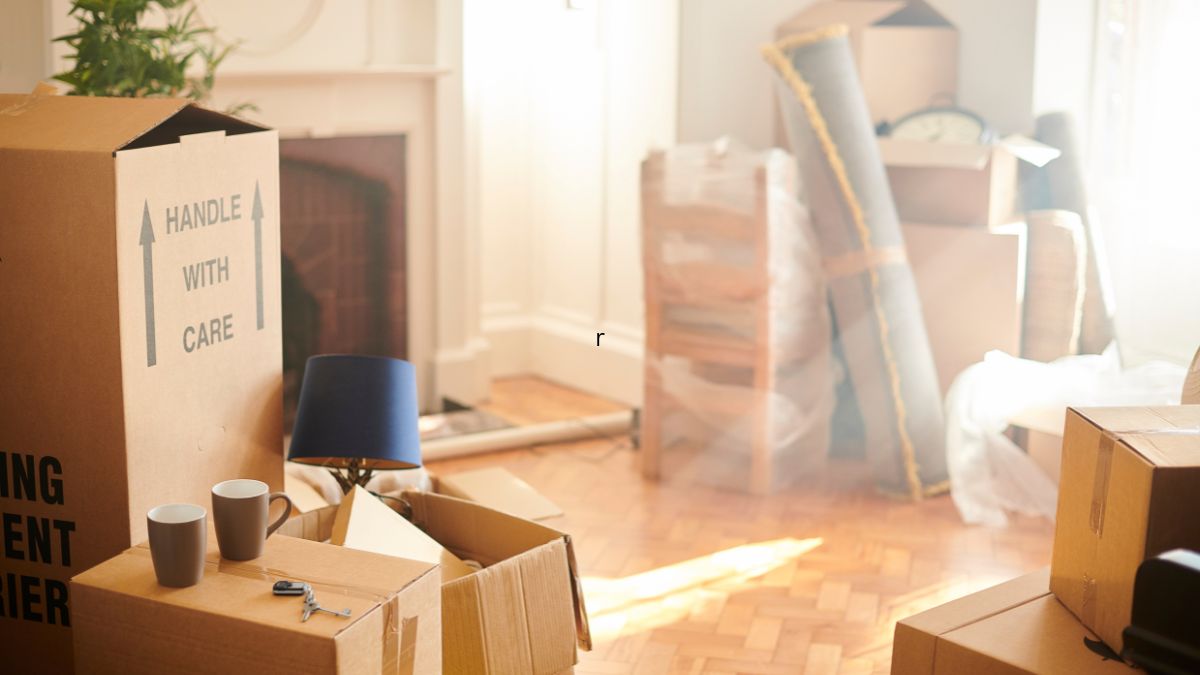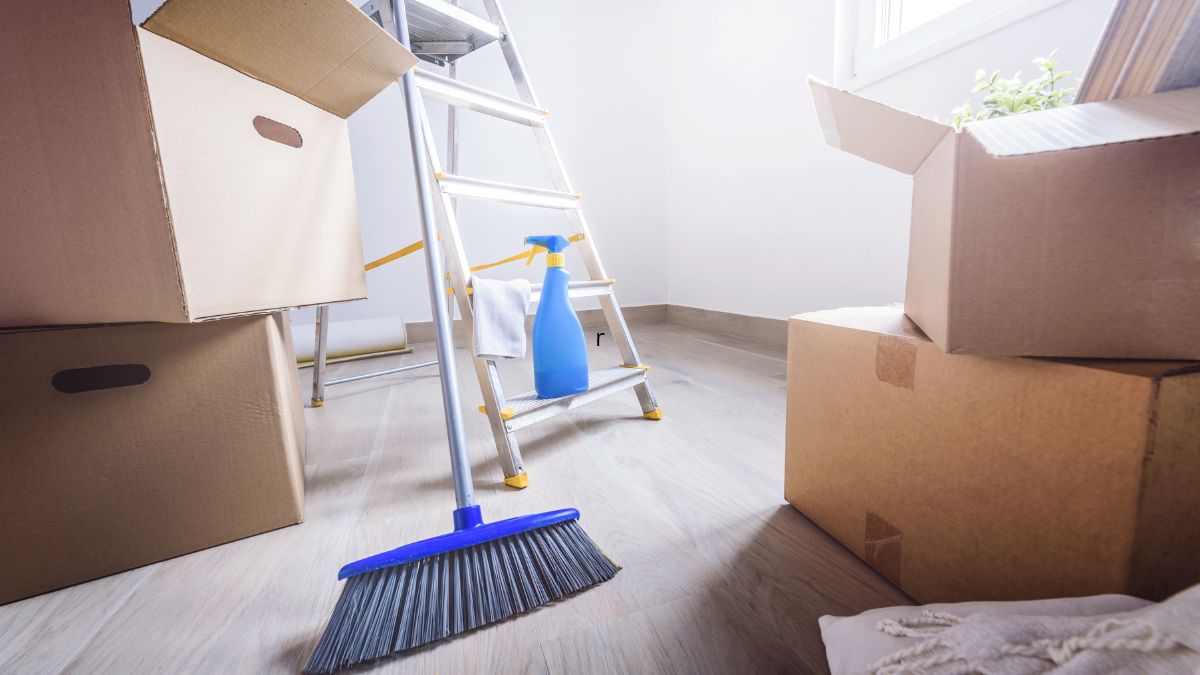
Moving out of a rental property is an exciting milestone, but it can also be stressful. One of the biggest concerns for renters is ensuring they receive their full rental bond back. Landlords and property managers expect the property to be returned in the same condition it was rented, accounting for fair wear and tear.
This comprehensive end-of-lease checklist will guide you room by room, provide tips for dealing with property managers, and explain your rights as a tenant. It also covers solutions for unexpected costs, such as professional cleaning or last-minute repairs, including how an emergency cash loan can help.
General Preparation Before You Start
Before diving into cleaning, there are a few preparatory steps to make the process smoother:
- Review the Entry Condition Report: Your bond refund depends heavily on the property’s condition at the start of your tenancy. Compare your current condition with the initial report to pinpoint areas that may need attention.
- Gather Cleaning Supplies: Stock up on appropriate cleaning products for different surfaces. Consider specialised cleaners for ovens, bathrooms, and carpets.
- Schedule Professional Services Early: If you know you’ll need professional cleaners or tradespeople, book them well in advance. Last-minute arrangements can be costly, and if you need funds quickly, an emergency cash loan can help cover these costs upfront.
- Plan Your Time: Give yourself at least a few days for cleaning and repairs, rather than leaving it until the last minute. Rushing increases the risk of missing important details.
Room-by-Room Cleaning Checklist
Living Areas
- Dust All Surfaces: Light fittings, shelves, window sills, skirting boards, and ceiling fans often accumulate dust.
- Clean Windows and Tracks: Wash windows inside and out if accessible. Don’t forget to vacuum or wipe window tracks to remove dirt.
- Floors: Vacuum carpets thoroughly and mop hard floors. Pay extra attention to corners where dust accumulates.
- Walls and Doors: Remove fingerprints and marks using a gentle cleaner; patch small holes from nails if necessary.
Kitchen
- Appliances: Clean the oven, stovetop, range hood, microwave, and refrigerator. Remove all crumbs, grease, and stains.
- Cabinets and Drawers: Empty, wipe down, and remove crumbs or residue.
- Sink and Taps: Remove limescale and polish taps. Clean the drain area thoroughly.
- Countertops and Backsplashes: Wipe all surfaces with an appropriate cleaner.
Bathroom
- Shower and Bath: Remove soap scum, grime, and mildew. Clean glass doors or shower screens.
- Toilet: Scrub thoroughly inside and out. Pay attention to the base and surrounding tiles.
- Sink and Vanity: Clean and disinfect all surfaces. Don’t forget mirrors and taps.
- Floors and Tiles: Scrub tiles and grout to remove mold or dirt build-up.
Bedrooms
- Floors: Vacuum carpets, and consider steam cleaning if heavily soiled.
- Walls: Wipe fingerprints or marks. Patch nail holes if required.
- Built-in Wardrobes: Clean shelves and rails. Remove dust from corners.
- Windows: Wash inside and out where possible, and clean tracks.
Laundry
- Appliances: Clean the washing machine, dryer, and any other laundry appliances.
- Floors: Sweep and mop thoroughly.
- Surfaces: Wipe down countertops, shelves, and cupboards.
- Taps and Drains: Remove limescale and ensure drains are clear.
Handling Repairs and Wear & Tear
Understanding the difference between fair wear and tear versus damage is key:
- Fair Wear and Tear: Normal aging of the property, such as faded paint, minor carpet wear, or worn curtains. You are not liable for these.
- Damage: Anything caused by negligence, such as broken windows, stains on carpets, or holes in walls beyond normal use.
For damage, minor repairs may be required. If hiring a tradesperson is necessary to meet the property manager’s standards, an emergency cash loan can provide fast funding to ensure these are completed promptly.
Communicating with Your Property Manager
Clear communication can prevent disputes:
- Notify Early: Inform the property manager about any damages or repairs needed.
- Document Everything: Take photos of the cleaned and repaired property before handing over keys.
- Agree on Professional Services: If a property manager requests professional cleaning, confirm the cost and scope in writing.
Avoiding Last-Minute Surprises
Unexpected costs often arise when the agent requests additional cleaning or minor repairs:
- Emergency Cash Loan Option: An emergency cash loan can cover last-minute cleaning services, carpet steam cleaning, or minor repairs to ensure your bond is fully returned. This option can save time and prevent delays.
- Budgeting: Keep receipts and invoices for all services as proof of work done.
Final Tips for a Smooth Bond Return
- Inspect the Property Yourself: Before the final inspection, walk through every room to ensure nothing is missed.
- Return Keys Promptly: Ensure all keys, remotes, and access cards are handed over.
- Follow Up: If the bond isn’t returned within the legal timeframe, contact the relevant tenancy authority.
Getting your full bond back requires preparation, attention to detail, and understanding your rights. A thorough room-by-room clean, addressing any minor repairs, and clear communication with your property manager can make a big difference. For last-minute costs or urgent professional services, an emergency cash loan can provide the funds you need to meet standards and secure your bond without stress. Following this checklist ensures a smoother, less stressful moving experience and maximises the chance of a full refund.







